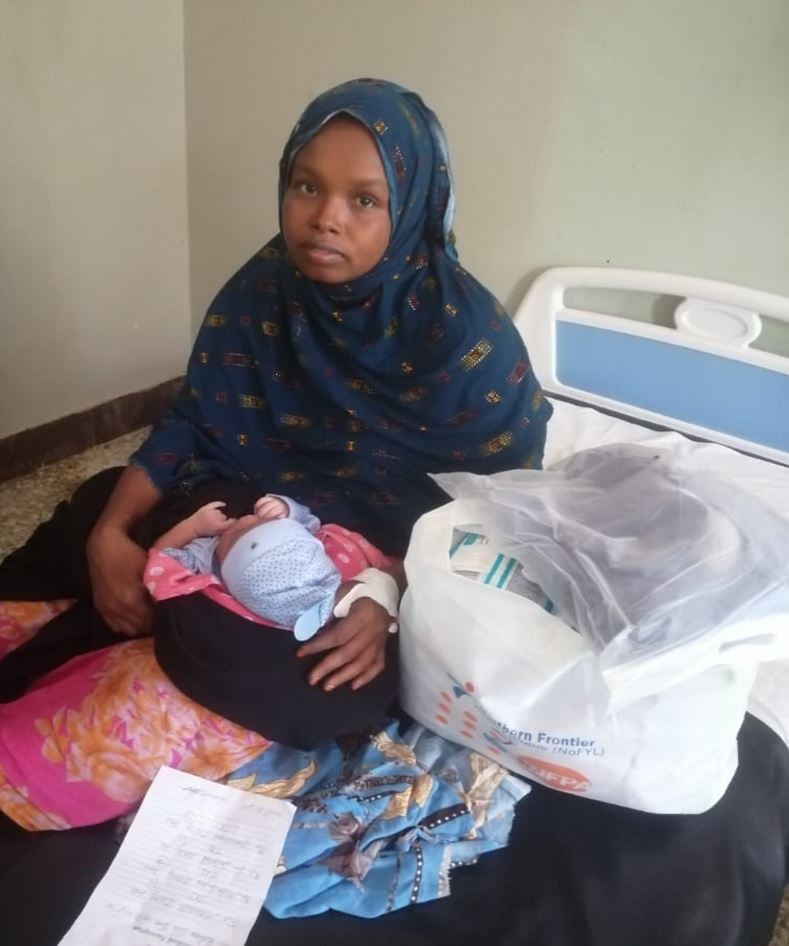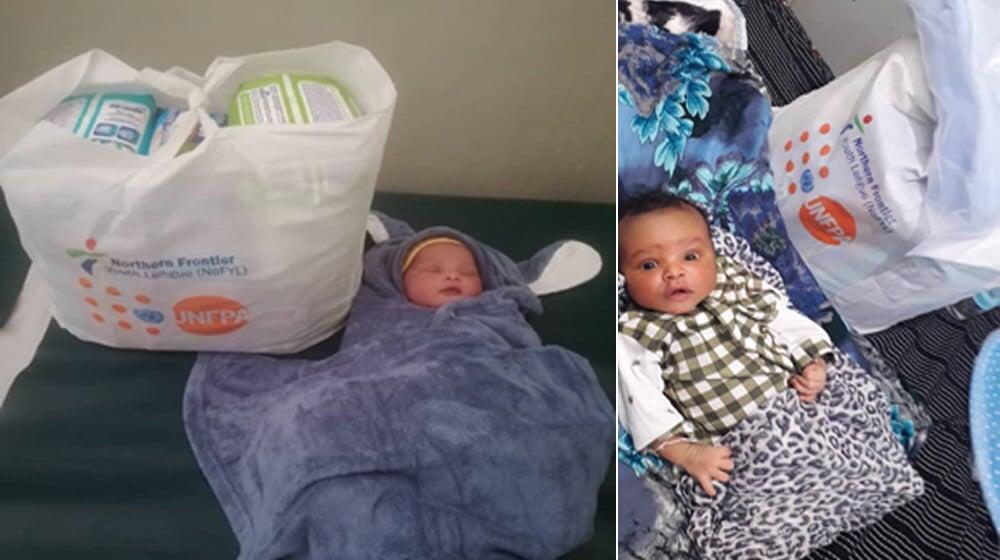In Somalia, where cultural norms and traditional beliefs intersect with the challenges faced by women and girls, the battle against Female Genital Mutilation (FGM) wages on. Grappling with FGM as a significant public health issue, Somalia has witnessed a glimmer of hope through an unconventional channel: midwives. These trusted figures, deeply ingrained in society, emerge as advocates for zero tolerance towards FGM. Their pivotal role in preventing FGM and promoting the well-being of women and girls is underscored by a groundbreaking initiative led by the Somali Midwives' Association (SOMA) in collaboration with UNFPA.
Maternity gifts, provided to new mothers after delivery, serve as more than mere tokens of practical support. They become symbols of love, respect, and solidarity, each package containing essential items for maternal and newborn care. Crucially, these gifts also harbor information on the dangers of FGM and the importance of safeguarding the rights of girls. Leeragin this powerful concept to design a high-impact project, UNFPA and SOMA have carefully and strategically integrated maternal care and anti-FGM advocacy. By intertwining essential resources with crucial information within these maternity gifts, the initiative aims to create a lasting impact on the lives of women and girls in Somalia.
Fatima, a young mother shares her story, and how a simple gift impacted her life. A recipient of the maternity package upon the birth of her daughter, Fatima discovered more than just baby essentials. The accompanying information pack unraveled the risks of FGM, compelling her to reevaluate the cultural practice. Recognizing the risks and dangers of FGM on the health of a woman, particularly poignant in the high-emotion period of early motherhood, ignited a resolute commitment to protect her daughter and advocate against FGM in her community.
Fatima Mohamed Abdulle, a seasoned midwife with over 30 years of experience and a dedicated anti-FGM advocate, sheds light on the profound impact of the maternity gift initiative. Drawing from decades of witnessing childbirth, she emphasizes the cultural significance of the first gift given to a new mother and her baby. This gift, she explains, creates a lasting impression and serves as a meaningful gateway for dialogue during a crucial phase in their lives.
"I have personally witnessed the transformative power of this initiative. By explaining the harmful effects of FGM soon after delivery, new mothers better understand and accept the importance of abandoning this practice," shares Fatima Mohamed. Many women she has assisted expressed immediate acceptance and pledged not to subject their daughters to FGM. This commitment, she notes, extends beyond individual households, creating a ripple effect of awareness and change within the community.

The maternity gift, according to Fatima Mohamed, becomes a catalyst for positive change, fostering understanding and encouraging mothers to protect their daughters from the harmful effects of FGM. She considers it a privilege to be part of a movement promoting not only safe deliveries but also the well-being of future generations.
The impact of the maternity gift extends beyond individual households and midwives' interventions, representing a commitment by mothers to break the cycle of FGM. This seemingly straightforward yet profoundly powerful gesture has the potential to reverberate across communities, catalyzing a transformative impact on the lives of women and girls.
As Somalia grapples with the pervasive issue of FGM, the strategic role of midwives becomes increasingly evident. UNFPA's comprehensive efforts, investing in midwives as key partners in the fight against FGM, aim to bring an end to this harmful practice once and for all. Midwives, armed with their unique skills and knowledge, emerge as indispensable agents of change, crucial to constructing a more just and equitable world for all.
Supporting and investing in the implementation of the maternity gift approach represents a crucial step towards eradicating FGM in Somalia. With the right resources and backing, midwives can play a pivotal role in bringing an end to this harmful practice, ultimately empowering women and girls to lead lives free from violence and discrimination. Their support will not only empower women and girls but also enhance maternal and newborn health, contributing significantly to ending this deeply rooted practice.


